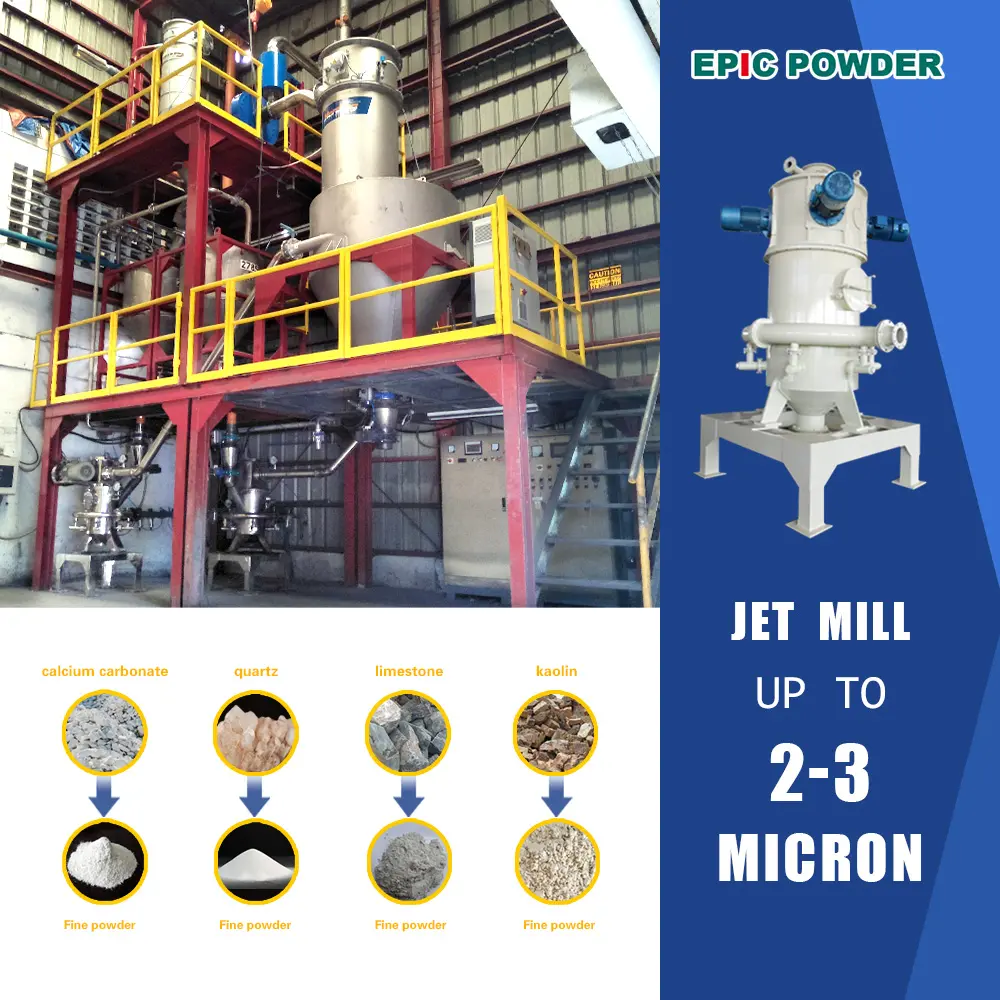The use of powder-based raw materials in cosmetics is becoming more extensive. Pigment powders, white powders, physical powders, pearlescent powders, and more are now commonly applied across skincare, makeup, oral care, and other fields. Each type plays a distinct role: Pigment powders adjust the color tones of cosmetics. White powders provide coverage, whitening, and UV protection. Powders enhance spreadability, absorption, skin adherence, texture, visual softness, and carry active ingredients. Pearlescent powders improve gloss and texture. Powders are highly valued by beauty brands for their ability to enhance skin feel. They are widely used in skincare, makeup, oral care, and sun protection. There are three types of them: inorganic, organic, and natural. Among them, the most commonly used inorganic powders include talc, mica, silica, calcium carbonate, and perlite.
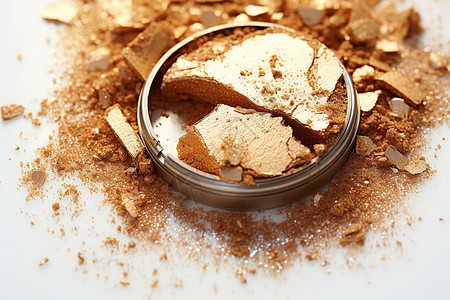
Three Major Applications of Inorganic Powders in Cosmetics
1 Skincare – Scrubs, Soaps, Shower Gels, Talcum Powders
Mica Powder
Mica refers to a group of composite hydrated aluminum silicates, typically appearing as a light gray, flaky crystalline powder. It offers strong adhesion, moderate gloss, and softness. After processing, synthetic mica can enhance the whiteness, brightness, and durability of cosmetic products. It is mainly used in scented powders, rouge, foundation, and other powder-based products.
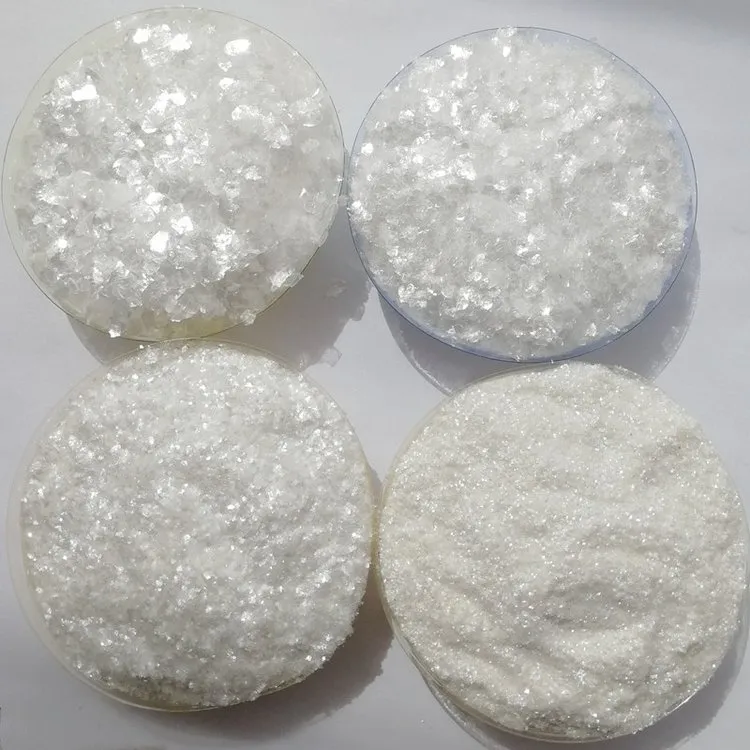
Perlite
Perlite provides mild exfoliation in scrubs, soaps, and shower gels, while also promoting foam generation. It serves as a natural alternative to plastic microbeads and pumice.
Calcium Carbonate
Natural calcium carbonate is used in lotions and anhydrous skincare formulations to create a smooth, refreshing skin feel. It reduces stickiness, speeds up drying. In soaps, it can increase foam volume and brightness, while also acting as a cost-effective filler with skin-beneficial effects.
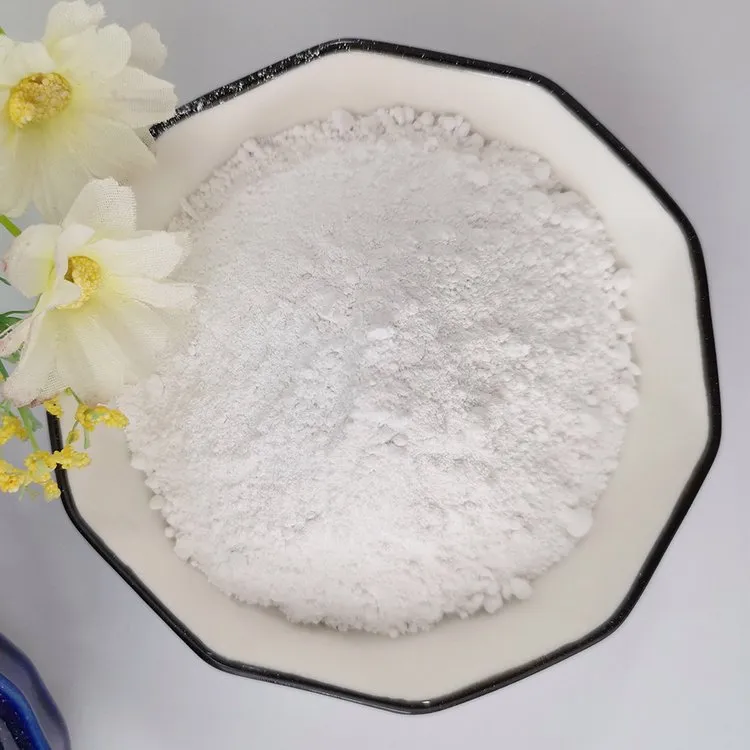
Kaolin
Kaolin enhances oil absorption, offers a soft touch in body powders, and provides excellent skin adhesion and matte properties. In moisturizers, BB/CC creams, and anti-acne or oily skin formulas, kaolin and diatomaceous earth offer fine exfoliation, barrier formation, and oil control. They also help regulate product rheology.
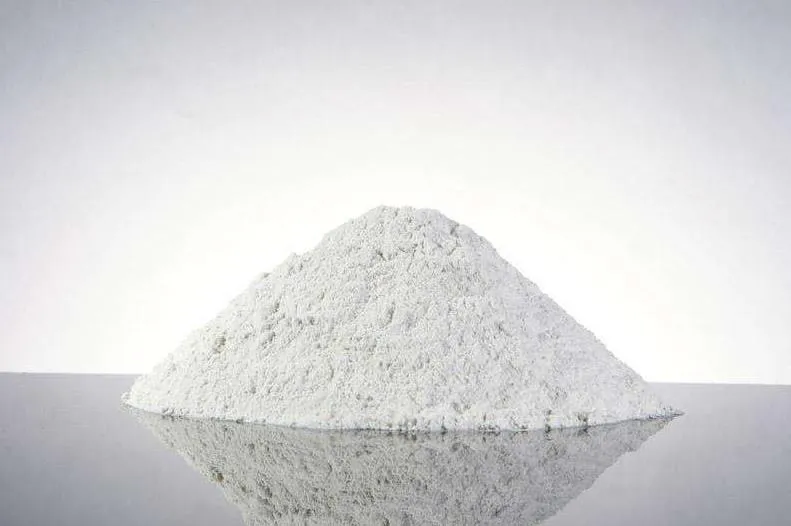
Talc
Talc is a white crystalline powder with a layered structure, smooth texture, good lubricity, high whiteness, and moderate adhesion. In face powders, pressed powders, and body powders, talc is the most common filler in powder cosmetics.
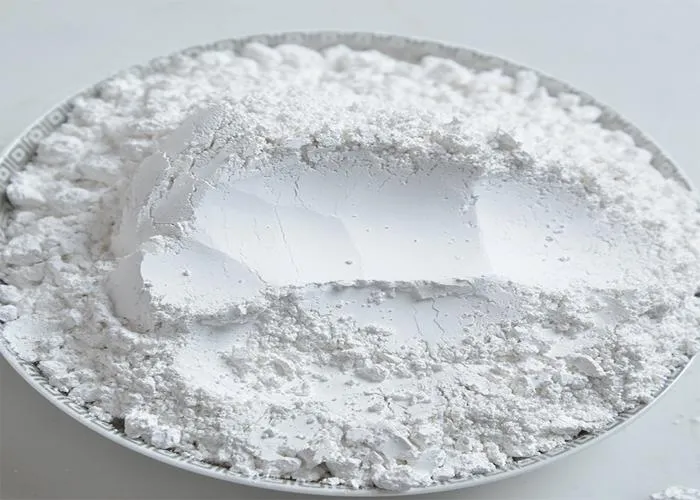
2 Makeup – Lipsticks, Foundations, Blush
Calcium Carbonate
High-purity calcium carbonate offers brightness and opacity, making it ideal for decorative cosmetics like lipsticks, foundations, blushes, and eye shadows. It adjusts product coverage, absorbs oil for a matte effect, enhances color intensity in lipsticks, and provides excellent compressibility and whiteness in pressed powders.
Kaolin
Natural kaolin improves matte effects, adhesion, and uniformity in pressed powders while reducing titanium dioxide usage. In lipsticks, kaolin enhances adherence and oil retention. It is also a suitable filler in mascaras and nail polishes.
Silica
Spherical, ultrafine, and porous silica has multifunctionality. In lipsticks, silica improves viscosity, stability, pigment dispersion, and heat resistance. In various makeup products (foundation, blush, eye shadow, eyeliner), silica serves as an anti-caking and free-flow agent, enhancing storage stability and product dispersibility.
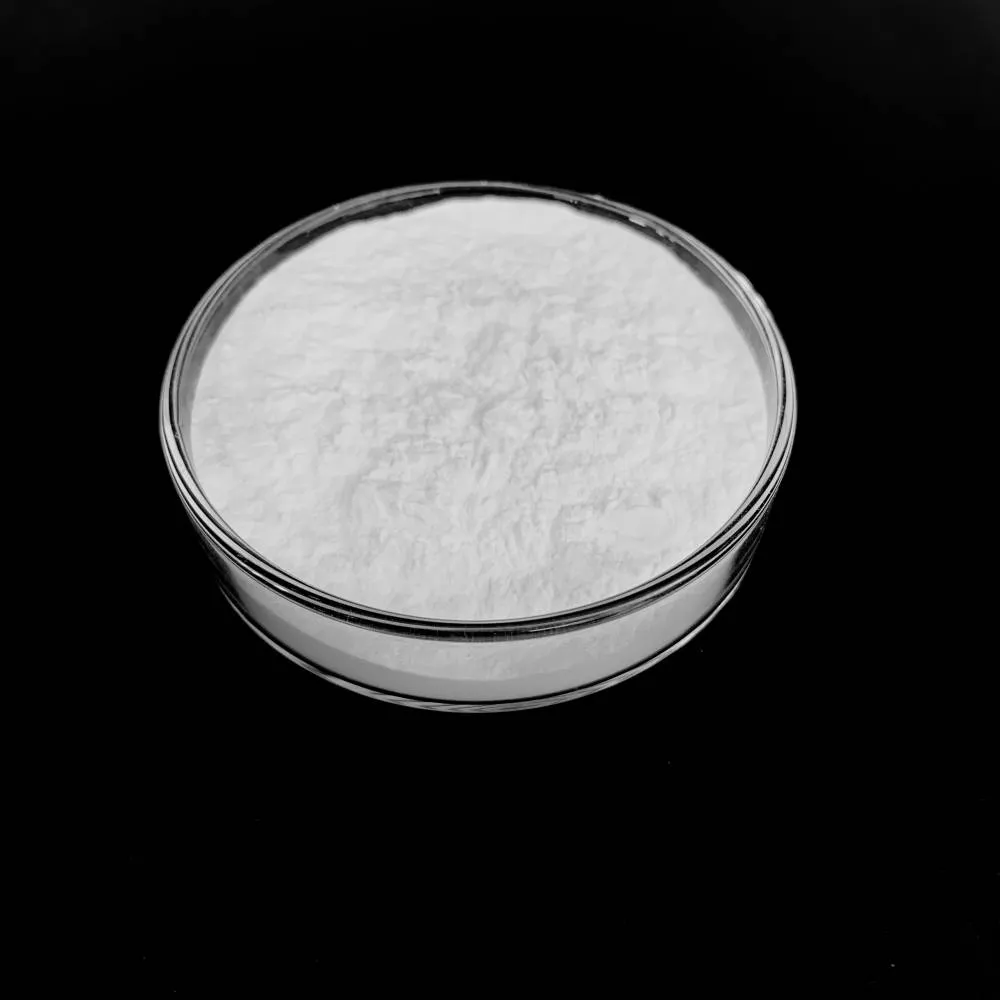
3 Oral Care – Tooth Cleaning and Whitening
Calcium Carbonate
Premium calcium carbonate used in oral care often has a hydroxyapatite coating — similar to tooth enamel. It helps repair micro-defects, promotes enamel remineralization, and leaves teeth smoother and whiter.
Kaolin
Kaolin helps strike a balance between cleaning power and abrasiveness in toothpaste. Compared to hydrated silica, kaolin offers similar cleaning efficacy with about half the abrasiveness, supporting dental health.
Perlite
Specially sized perlite particles function as mild polishing agents in toothpaste, providing effective yet gentle cleaning.
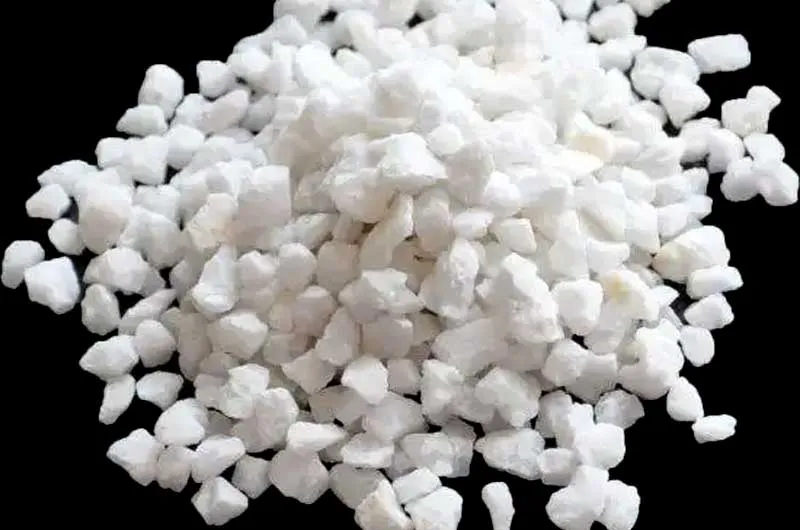
Conclusion
Inorganic powders offer natural origin, chemical inertness, excellent skin compatibility, and affordability, making them valuable in cosmetic applications. As powder processing and surface modification technologies continue to mature, the use of functional mineral powders in cosmetics is showing great potential for future development.
Epic Powder
EPIC Powder Machinery specializes in the design and manufacture of advanced ultrafine grinding and classification systems. With decades of experience and European core technology, EPIC Powder provides high-precision equipment capable of producing fine and uniform powders ideal for use in cosmetics. From mica and kaolin to other mineral powders, EPIC’s solutions ensure consistent quality, particle size control, and purity—helping cosmetic manufacturers achieve superior product performance and appearance.
